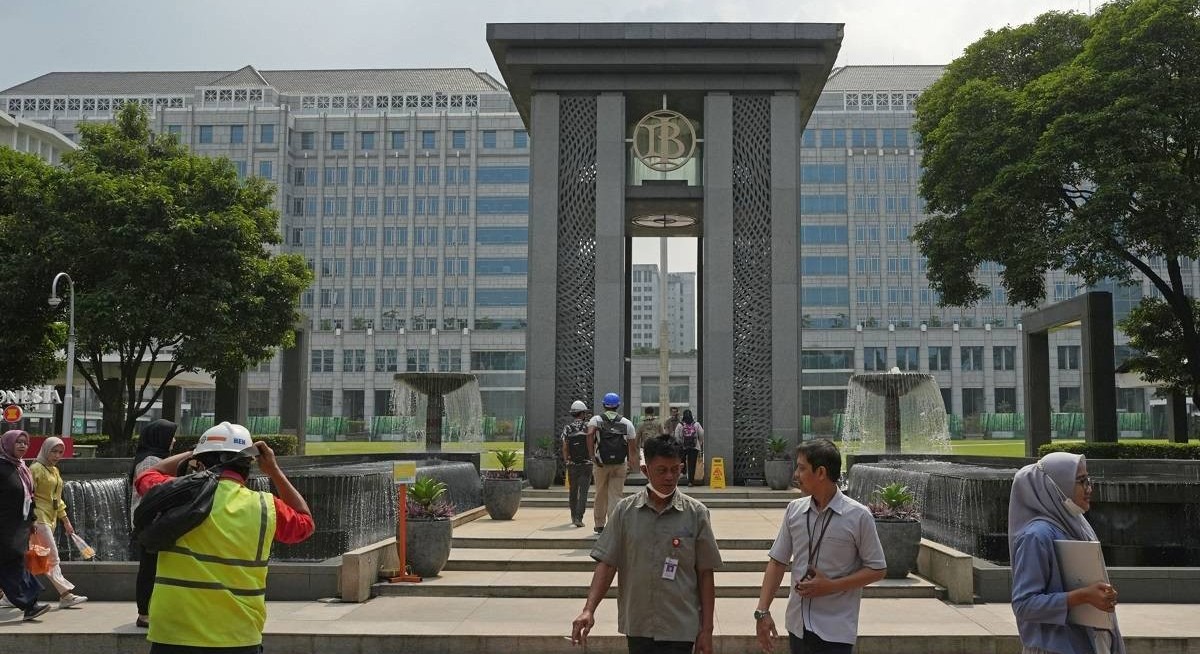“The decision is in line with a short-term focus on rupiah stability and to attract foreign inflows amid rising global uncertainty,” governor Perry Warjiyo said in a briefing. “Going forward, BI will continue to look for room to lower the rate further given expected stable inflation in 2025 and 2026 and the need to boost economic growth.”
The decision to keep the key rate steady could support the rupiah, which has weakened more than 3.5% against the dollar this year. Indonesia has lost all of the inflows into its government bond market this year as overseas investors lower their holdings, strengthening calls to keep interest rates unchanged.
The Indonesian currency closed up 0.3% to 16,703 against the dollar after the decision. The benchmark 10-year government bond yield was little changed at 6.14% while stocks maintained earlier gains of 0.4%.
The decision “signals that stability remains the priority,” said Mohit Mirpuri, a senior partner at SGMC Capital Pte. “The rupiah is still trading in a fragile zone and global markets are waiting for clearer guidance from the Fed.”
See also: China eases duties on EU dairy in latest sign of trade thaw
It’s a delicate balancing act for Warjiyo and his board, as BI’s mandate requires it to ensure currency and price stability, while also supporting the economy. The governor has also aligned the bank with President Prabowo Subianto’s efforts to spur economic growth.
Growth slowed slightly in the third quarter as Indonesia struggled with cooling domestic demand and weak job creation. Warjiyo on Wednesday reiterated the bank’s outlook that inflation will stay within 1.5% to 3.5% this year and next.
BI’s easing by 150 basis points since September last year have failed to significantly lower borrowing costs and boost lending growth. BI has offered banks new incentives directly linked to their pace of rate adjustments to encourage a faster pass-through of monetary easing.
See also: US, Japan zero in on energy and chips for US$550 bil fund — Bloomberg
Economists at Barclays Plc said in a note after the decision that they expect cuts of 25 basis points each this quarter and next, with prolonged rupiah weakness possibly delaying the moves.
Uploaded by Magessan Varatharaja




